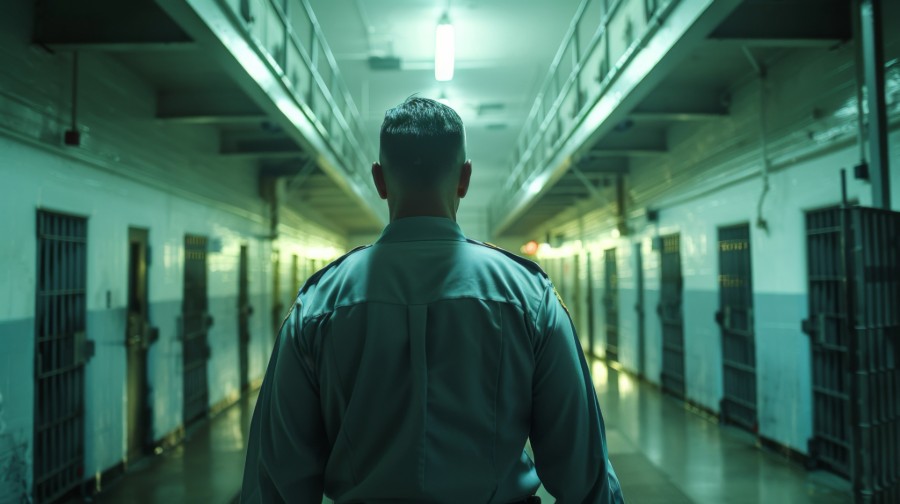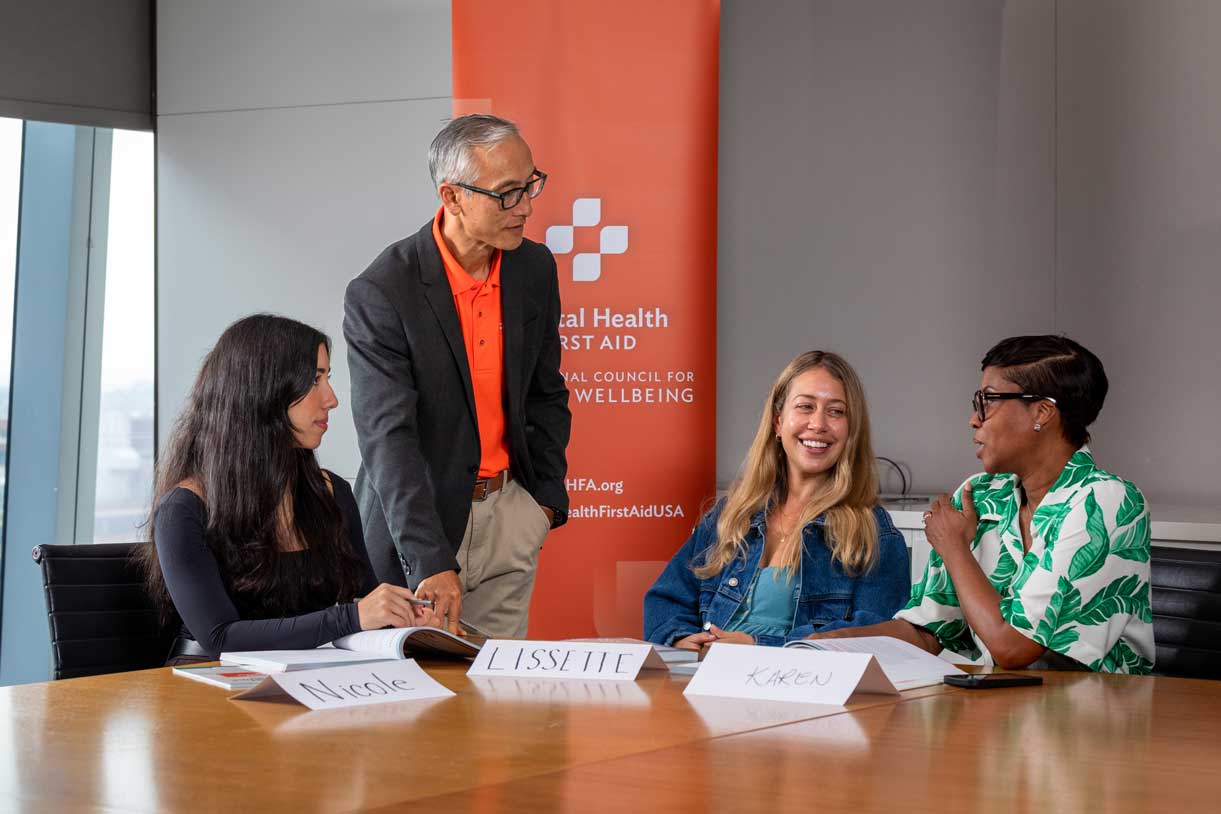New curriculum specifically targets the mental health needs of the aging population
WASHINGTON — This week the National Council for Mental Wellbeing in partnership with the Maryland Department of Health and Mental Hygiene and the Missouri Department of Mental Health released Mental Health First Aid for Older Adults, a Mental Health First Aid training supplement that addresses the unique needs of older adults.
The first of the baby boomers turned 65 in 2010. By 2030, adults over the age of 65 will make up nearly 20 percent of the U.S. population. In older adults, symptoms like apathy, sleep disturbances and appetite changes can be attributed to physical health conditions, dementias or even as a normal part of the aging process. By educating more Americans about the mental health and substance use challenges of older adults and how to help and support this growing segment of our society, more Americans can age healthily and happily.
“Mental Health First Aid for Older Adults teaches people how to identify risk factors and signs of mental health and substance use problems most commonly experienced by older people,” said Linda Rosenberg, President and CEO of the National Council. “Mental Health First Aid equips us with the knowledge and skills we need to reach out and offer support at a time when it is greatly needed.”
To learn more about Mental Health First Aid for Older Adults, please visit www.mentalhealthfirstaid.org.
###
About the National Council for Mental Wellbeing



